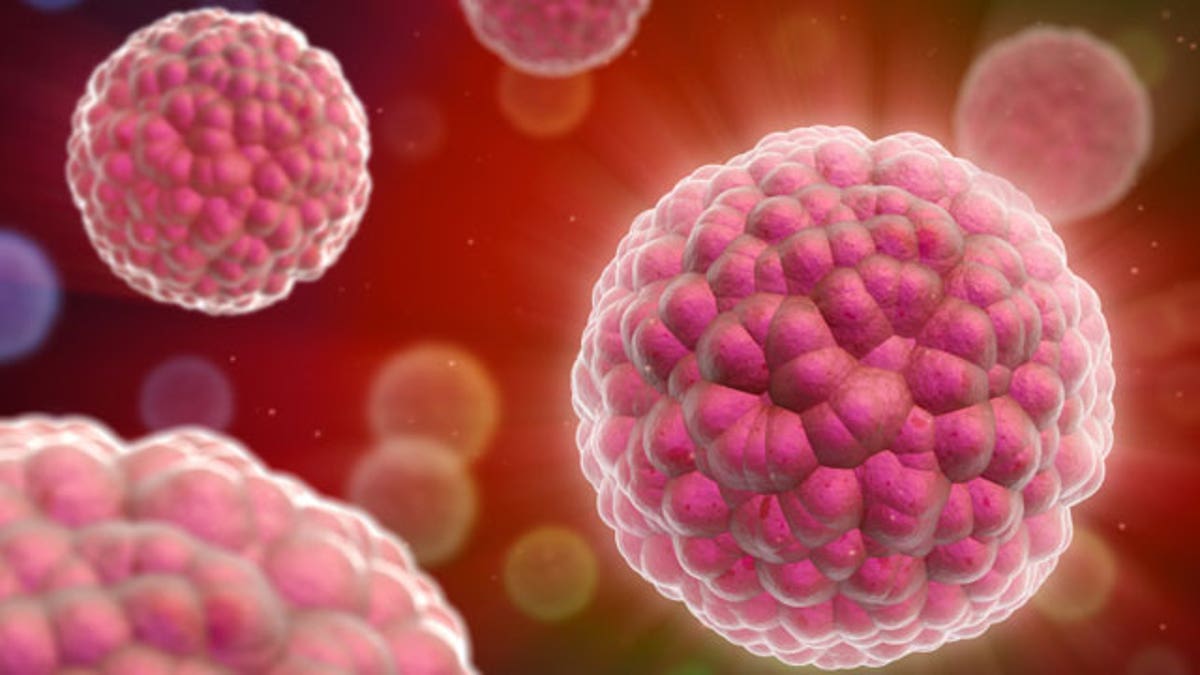
(iStock)
In an audacious twist on the concept of fighting fire with fire, scientists have developed a provocative strategy of fighting cancer with cancer, The Wall Street Journal reported.
Researchers at the Rogosin Institute are taking tumor cells from mice, encapsulating them in beads made from a seaweed-derived sugar called agarose, and implanting them in the abdomen of cancer patients. There, cells in the beads secrete proteins researchers believe could signal a patient's cancer to stop growing, shrink or even die.
So far, at least 30 patients have been treated with the cancer beads in an initial human study, and a phase two or intermediate-stage trial has been launched -- with the approval of the US Food and Drug Administration -- to test the technique in patients with advanced colon, pancreatic and prostate cancers.
It is too early to know whether or how well the beads work in people, but in studies involving laboratory mice as well as dogs and cats stricken with cancer, the treatment substantially reduced the size of tumors. In some cases animals lived significantly longer than expected, according to two articles being published Tuesday in the peer-reviewed journal Cancer Research.
In animal and human studies so far, researchers led by Barry Smith, director of the Rogosin Institute, an independent treatment and research center affiliated with Weill Cornell Medical College and New York Presbyterian Hospital, have yet to find evidence that putting mouse tumors into humans or other species causes any harm or serious side effects. Moreover, when they put human cancer cells in the beads and implanted them in mice, they saw the mouse cancer recede.
The beads initially contain about 150,000 mouse kidney cancers mixed with agarose and wrapped with a layer of agarose that creates a shell. They are incubated in a culture where within days, 99 percent of the tumor cells die, Smith says. Those that remain have characteristics of cancer stem cells. They recolonize the beads within a few weeks.
In the research being published Tuesday, Smith and his colleagues reported that in mice implanted with tumors, treatment with the cancer beads resulted 30 days later in tumors that were 30 percent to 60 percent smaller than tumors in untreated mice.
Click here to read more on this story from the Wall Street Journal.
